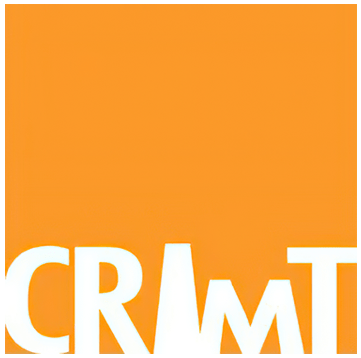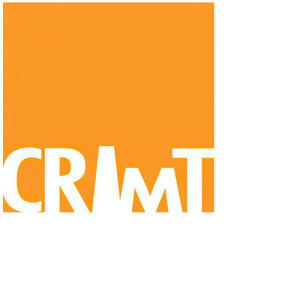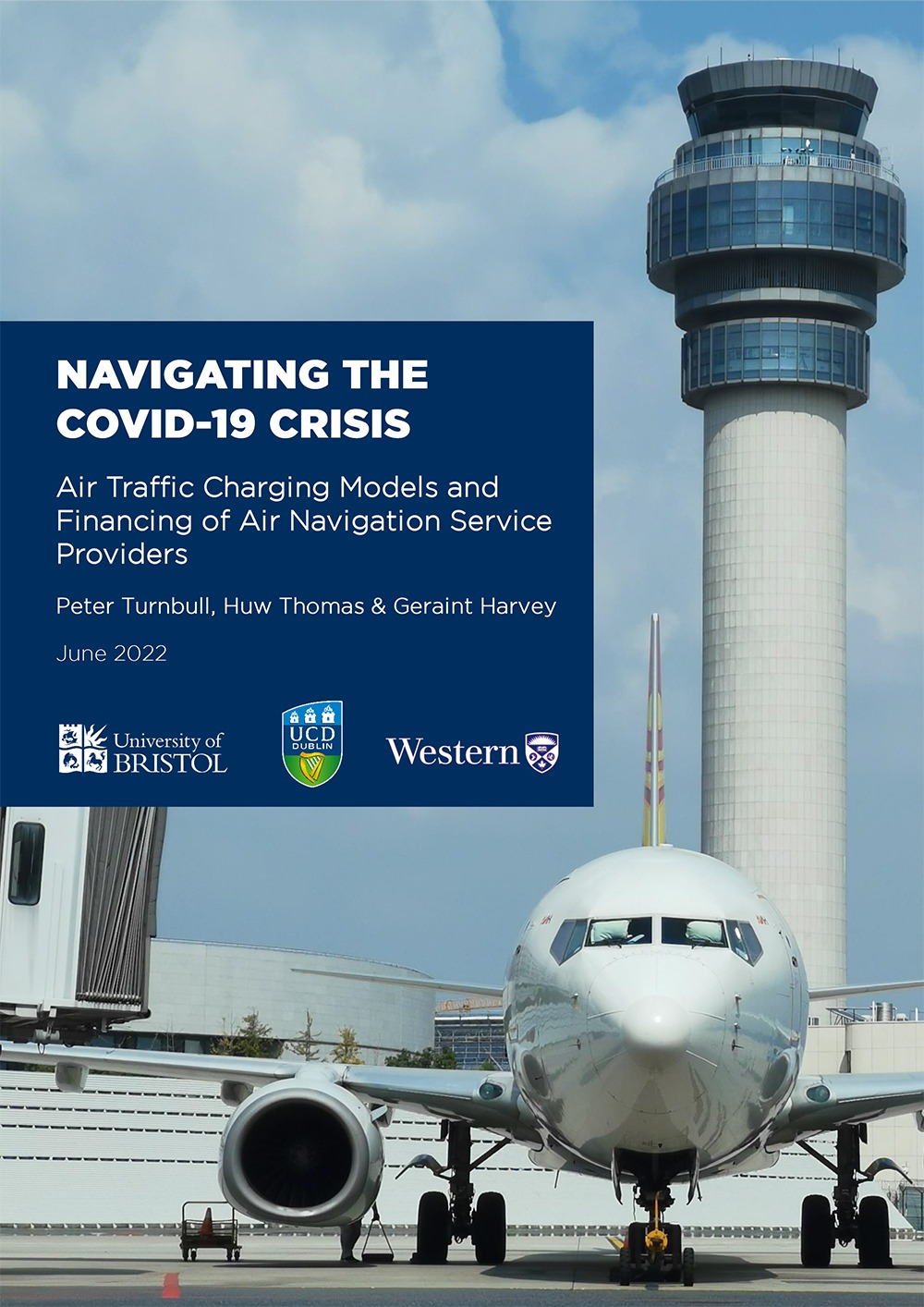


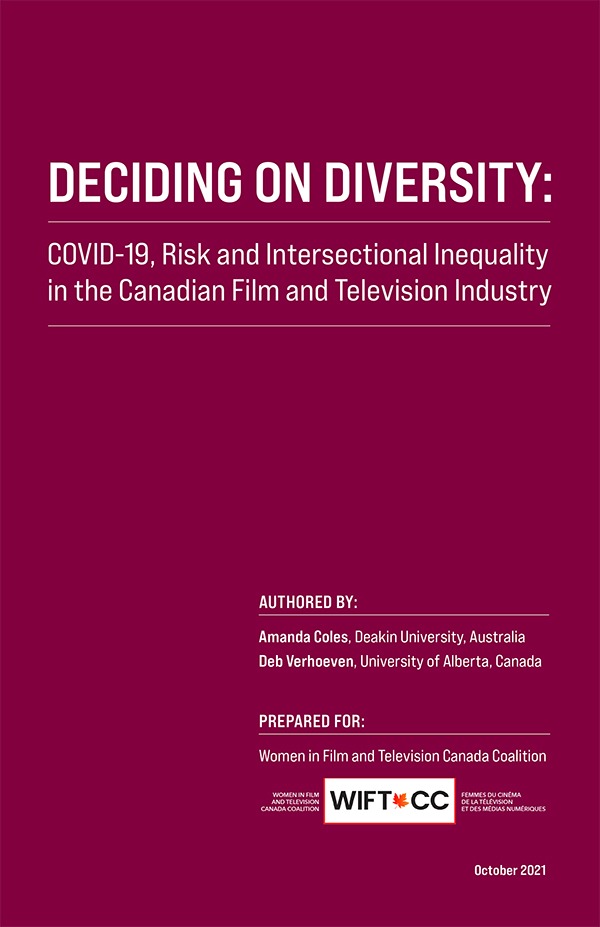


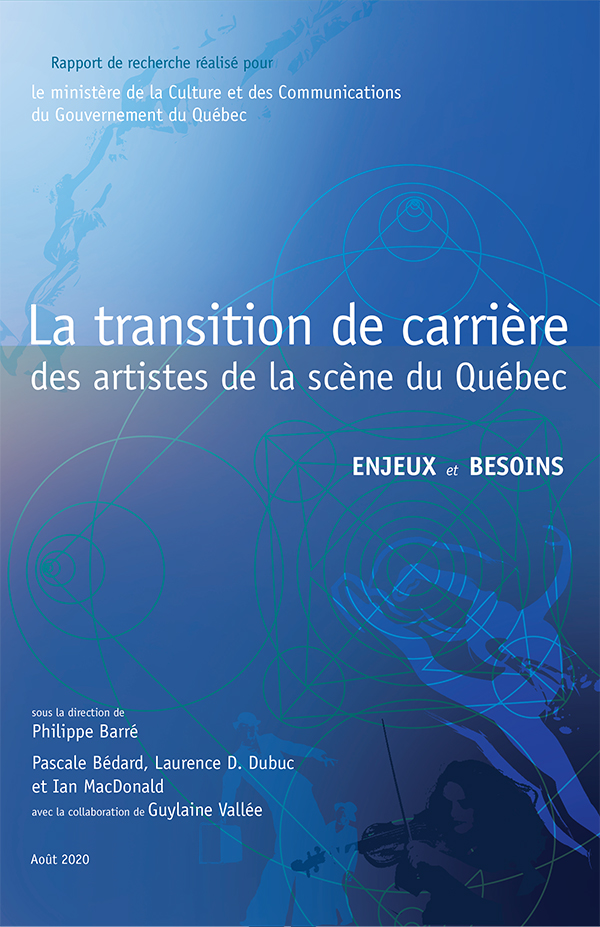

June 2022
Navigating the Covid-19 Crisis – Air Traffic Charging Models and Financing of Air Navigation Service Providers
Authors: Peter Turnbull (University of Bristol), Huw Thomas (University College Dublin) & Geraint Harvey (University of Western)
The devastating impact of the pandemic on airlines, airports and ANSPs has raised fundamental questions about the sustainability of existing business models, most notably the ‘user pays’ (private good) as opposed to the infrastructure (public good) approach to funding air navigation services (ANS). It is essential to find ways to ensure the resilience of ANSPs to ensure that when the next pandemic, economic crisis, war or any other major disruption inevitably occurs then these organisations will be able to weather the storm.
An international research team led by the University of Bristol spent the past 2 years researching the impact of COVID-19 on ANSPs. They conducted more than fifty interviews with air traffic controllers, trade union officials, representatives of professional associations, ANSP managers, aviation authorities and airlines in more than twenty countries. This report is one output of this project.

October 2021
Technological Transformations and the Automotive Services Industry. Meeting the Skills Challenges for Automotive Service Technicians in Québec
Authors: Mathieu Dupuis (professor of labour relations at the Department of Industrial Relations, Université Laval and a researcher in the Interuniversity Research Centre on Globalization and Work – CRIMT), Gregor Murray (Canada Research Chair on Globalization and Work, and Director of the Interuniversity Research Centre on Globalization and Work – CRIMT) and Meiyun Wu (research associate for the Canada Research Chair on Globalization and Work and the Interuniversity Research Centre on Globalization and Work – CRIMT) have drafted a report on technological transformations and skills in the auto services industry.
CRIMT, Diversity Institute, Centre des Compétences futures, 75 p.
This report examines the challenges facing the automotive services industry in Québec as it transitions from selling and servicing traditional combustion-engine vehicles to new generations of motor vehicles. These new models are computerized and connected through sophisticated onboard diagnostic (OBD) systems, integrate advanced driver-assistance systems (ADAS), and are often propelled by hybrid and electric motors.
The automotive services industry provides a good illustration of how technological change is impacting a fairly traditional industry, in which the skill base is not necessarily where it needs to be, and the basic and lifelong training systems are showing several gaps. This study examines auto services in Québec, with a focus on the automotive service technicians (primarily mechanics) who ensure the maintenance and repair of motor vehicles in dealerships, as well as aftermarket services for those vehicles. [Download the report to keep on reading]

October 2021
Les transformations technologiques dans l’industrie
des services automobiles. Relever le défi des compétences des mécaniciens et mécaniciennes de véhicules automobiles au Québec
Authors: Mathieu Dupuis (professor of labour relations at the Department of Industrial Relations, Université Laval and a researcher in the Interuniversity Research Centre on Globalization and Work – CRIMT), Gregor Murray (Canada Research Chair on Globalization and Work, and Director of the Interuniversity Research Centre on Globalization and Work – CRIMT) and Meiyun Wu (research associate for the Canada Research Chair on Globalization and Work and the Interuniversity Research Centre on Globalization and Work – CRIMT) have drafted a report on technological transformations and skills in the auto services industry.
CRIMT, Diversity Institute, Centre des Compétences futures, 75 p.
[Report in French] Ce rapport examine les défis auxquels est confrontée l’industrie des services automobiles au Québec dans le contexte de son passage de la vente et de l’entretien de véhicules à moteur à combustion traditionnels à de nouvelles générations de véhicules automobiles. Ces nouveaux modèles sont informatisés et connectés par des systèmes sophistiqués de diagnostic embarqué (OBD). Ils intègrent des systèmes avancés d’aide à la conduite (ADAS) et sont souvent propulsés par des moteurs hybrides ou électriques.
L’industrie des services automobiles illustre bien les répercussions de l’évolution technologique dans un secteur relativement traditionnel, dans lequel les compétences ne sont pas nécessairement là où elles devraient être et où les systèmes de formation de base et de formation continue présentent plusieurs lacunes. Cette étude porte donc sur les services automobiles au Québec en se concentrant plus particulièrement sur les mécaniciens et mécaniciennes de véhicules automobiles qui assurent l’entretien et la réparation de véhicules chez les concessionnaires, de même que les services d’après-vente de ces véhicules. [Report in French : Download the report to keep on reading]

October 2021
Deciding on Diversity : COVID-19, Risk and Intersectional Inequality in the Canadian Film and Television Industry
Authors: Amanda Coles (Deakin University), Deb Verhoeven (University of Alberta)
Prepared for Women in Film and Television Canada Coalition, 58 p.
This study examines the impact of COVID-19 on the headline aspiration for more equitable, diverse, and inclusive relationships in the Canadian screen industries. Will the pandemic stall progress, or does it present an opportunity for industry personnel to work differently and more openly?
To explore these questions, this report addresses one aspect of the working relationships that make up Canada’s screen industries during the pandemic: Risk. How it is anticipated, irrespective of evidence (“risk perception”); how it is woven into stories about the organisation of workplaces and how decisions are made in them (“risk narratives”); how it is brandished to avoid or propose change (“risk deployment”); and how it is invoked to create the illusion of change (“risk theatrics”). There is often considerable contradiction between these different ways risk is understood in the industry, even within single organisations or productions. Our focus is to examine and disentangle these various approaches to risk to understand their impact on equity, diversity, and inclusion (EDI) outcomes.

April 2021
Industry 4.0, the Future of Work & Skills. Building Collective Resources for the Canadian Aerospace Industry
Authors: Christian Lévesque (HEC Montréal), Cassandra Bowkett (HEC Montréal), Sara Pérez-Lauzon (HEC Montréal), Blandine Emilien (Université du Québec à Montréal)
Collaborators: Kai-Hsin Hung (HEC Montréal), Lucie Morissette (HEC Montréal), Benjamin Paré (Université du Québec à Montréal), Marc-Antonin Hennebert (HEC Montréal), Daniel Nicholson (Cardiff University), Laurence Solar Pelletier (Polytechnique Montréal)
CRIMT, Diversity Institute, Centre des Compétences futures, OBVIA, HEC Montréal, 128 p.
For decades, Canada has built a robust and competitive aerospace industry that plays a crucial role in the Canadian economy, with 700 aerospace companies employing roughly 90,000 people. Prior to the COVID-19 pandemic, demand for labour outstripped supply in the industry, resulting in labour shortages in many occupations. A major ongoing challenge is attracting a new generation of workers by offering good jobs and better work.
The adoption of Industry 4.0 (I4.0) is often presented as a way to increase the competitiveness of the industry, while improving the quality of work and increasing skills by reducing repetitive, routine tasks. Our research in the Montreal and Toronto aerospace clusters has two objectives: 1) to better understand the impact of I4.0 on work and skills; and 2) to identify the conditions that will enable the various stakeholders to meet the challenges of I4.0 and future skills. Four main findings emerge from this research [Download the Report to keep on reading]

April 2021
Industrie 4.0, l’avenir du travail et des compétences. Renforcer les ressources collectives de l’industrie aérospatiale canadienne
Authors: Christian Lévesque (HEC Montréal), Cassandra Bowkett (HEC Montréal), Sara Pérez-Lauzon (HEC Montréal), Blandine Emilien (Université du Québec à Montréal)
Collaborators: Kai-Hsin Hung (HEC Montréal), Lucie Morissette (HEC Montréal), Benjamin Paré (Université du Québec à Montréal), Marc-Antonin Hennebert (HEC Montréal), Daniel Nicholson (Cardiff University), Laurence Solar Pelletier (Polytechnique Montréal)
CRIMT, Diversity Institute, Centre des Compétences futures, OBVIA, HEC Montréal, 85 p.
[Report in French] Depuis des décennies, le Canada s’est doté d’une industrie aérospatiale robuste et concurrentielle, qui joue un rôle de premier plan dans l’économie, grâce aux 700 entreprises aérospatiales du pays qui emploient environ 90 000 personnes. Avant la pandémie de COVID-19, la demande de main-d’œuvre surpassait l’offre dans l’industrie, ce qui entraînait une pénurie de main-d’œuvre dans de nombreuses professions. L’un des défis majeurs et persistants de l’industrie est d’attirer une nouvelle génération de travailleurs en offrant de bons emplois et un travail de meilleure qualité.
L’adoption de l’Industrie 4.0 (I4.0) est souvent présentée comme un moyen d’accroître la compétitivité de l’industrie, mais aussi d’améliorer la qualité du travail et les compétences en éliminant les tâches répétitives routinières. Notre recherche au sein des grappes de l’industrie aérospatiale de Montréal et de Toronto poursuit deux objectifs : 1) mieux comprendre l’incidence de l’I4.0 sur le travail et les compétences; 2) identifier les conditions susceptibles de permettent aux diverses parties-prenantes de relever les défis de l’I4.0 et des compétences futures. Quatre constats principaux se dégagent de cette recherche.. [Document in French : Download the Report to keep on reading]

August 2020
La transition de carrière des artistes de la scène au Québec. Enjeux et besoins
Under the direction of: Philippe Barré (Université de Montréal), Pascale Bédard (Université Laval), Laurence D. Dubuc (Université de Montréal), Ian MacDonald (Université de Montréal). With the collaboration of: Guylaine Vallée (Université de Montréal)
Research assistants: Laurianne Deschatelets (Université Laval), Raphaëlle Marcoux (Université de Montréal), Nicolas Pelletier (Université Laval), Èma Pinard-Frappier (Université de Montréal), Maëlle Reveau (Université de Montréal), Michèle Tousignant (Université Laval)
Rapport de recherche réalisé pour le ministère de la Culture et des Communications du Gouvernement du Québec, 178 p.
[In French only] Ce rapport de recherche s’appuie sur la conduite d’une cinquantaine d’entretiens approfondis menés auprès d’artistes et de représentant.e.s des milieux de la scène du Québec, sur le traitement de plus de 800 questionnaires d’enquête, ainsi que sur le suivi d’un projet pilote dans le cadre duquel 20 artistes de la scène sont accompagnés dans leur projet de réorientation professionnelle par le Centre québécois de ressources et transition pour danseurs (CQRTD). Quatre professions ont été étudiées: les artistes professionnels – interprètes et créateurs – de la danse, du cirque, de la musique et du théâtre dont l’activité se déroule principalement au Québec ou qui travaillent en partie ou en totalité à l’étranger pour une production québécoise. La collecte des données s’est tenue entre mai 2019 et février 2020, elle offre par conséquent un portrait des enjeux et des besoins qu’ont exprimé les artistes avant que leur activité artistique n’ait été touchée par la pandémie de COVID-19. Ce diagnostic présente donc un portrait détaillé de la manière dont les artistes de la scène du Québec considèrent la transition de carrière dans le cadre de l’exercice régulier de leur activité. On peut cependant faire l’hypothèse que la pandémie, dont on sait qu’elle affecte lourdement les conditions d’exercice du travail artistique, a un effet démultiplicateur sur l’importance des besoins et des enjeux que nous mettons en évidence.
